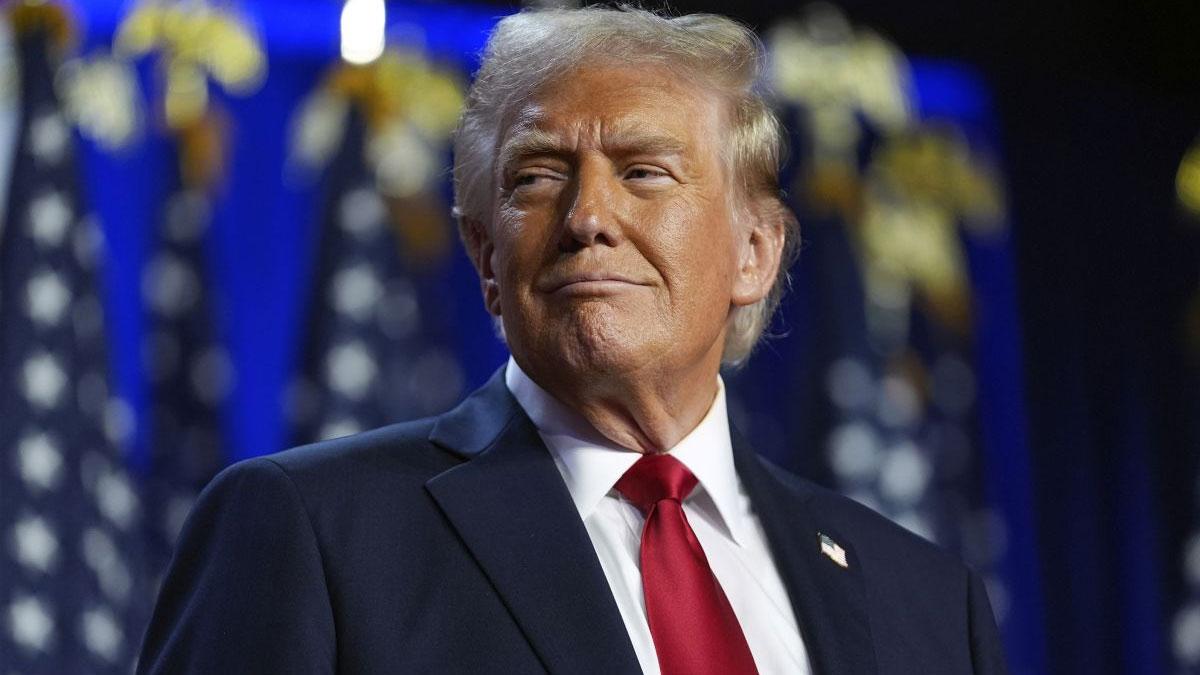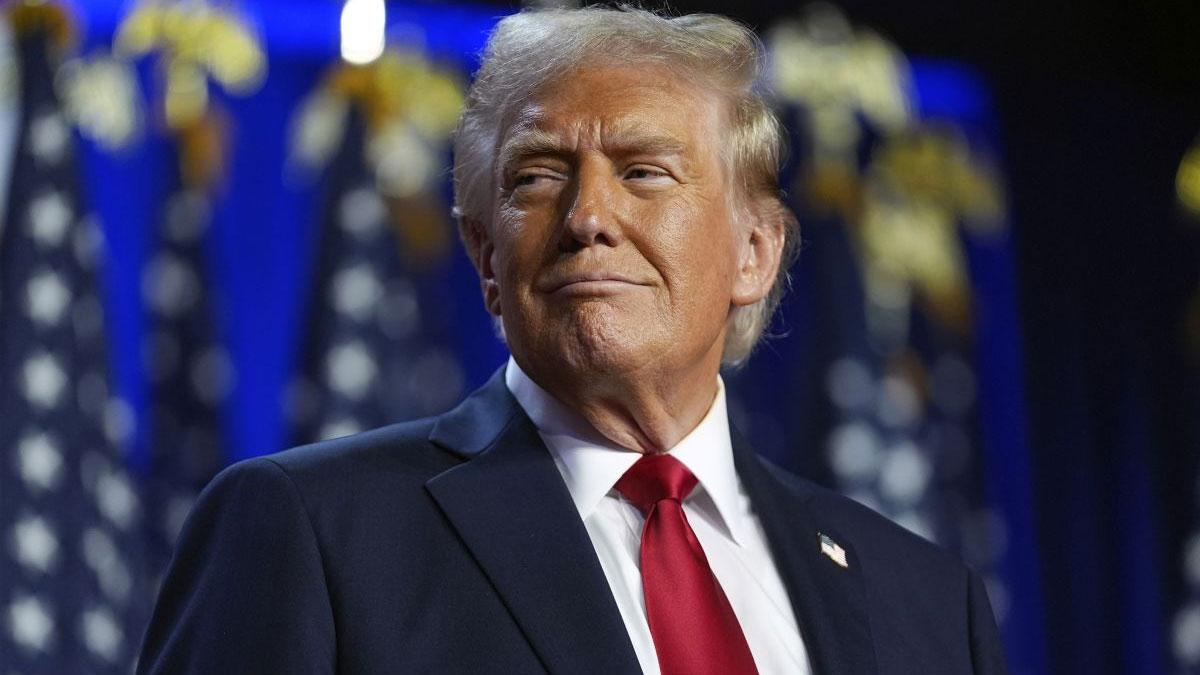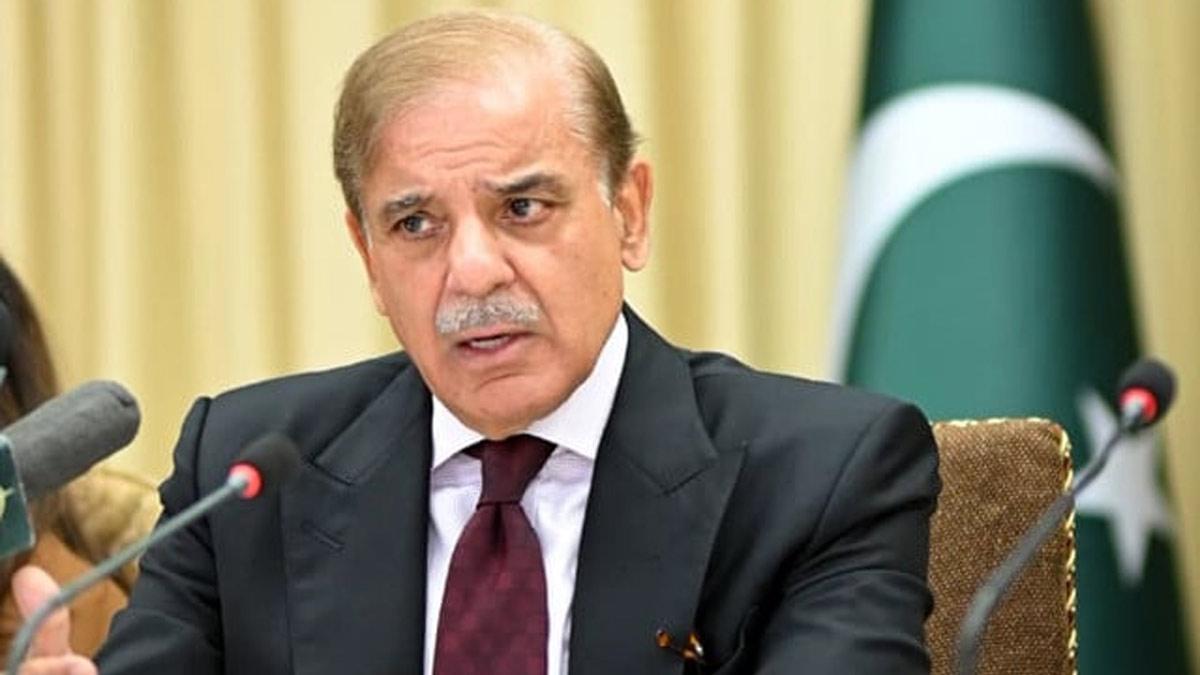President Donald Trump has given a temporary one-month reprieve from the newly imposed 25% tariffs on auto imports from Mexico and Canada to the "Big Three" U.S. automakers—Ford, General Motors, and Stellantis.
The move comes after Trump met with senior executives of these firms, giving them more time to reorganize their supply chains and reduce possible economic disruptions.
"We met with the big three auto manufacturers (dealers), we are going to provide a one-month exemption on any vehicles coming through USMCA. Reciprocal tariffs will still take effect on 2 April," White House press secretary Karoline Leavitt said at a press conference on Wednesday.
Leavitt also added that the exemption was issued after Ford, General Motors, and Stellantis made a formal request for it, according to Xinhua News Agency. Bloomberg News also verified that the temporary relief was granted following pleas from industry leaders.
The United States-Mexico-Canada Agreement (USMCA), which replaced NAFTA, was negotiated and signed during Trump's first term. In accordance with its terms, auto components have to meet strict requirements of sourcing to be eligible for duty-free entry. Precisely, the value of a passenger car or light truck must be at least 75% North American origin, and for heavy trucks, it is 70%.
Trump had originally signed an executive order on February 1, with a 25% tariff on Mexican and Canadian imports, along with a 10% increase on Canadian energy products. However, two days later, he declared a 30-day hold on enforcement pending negotiations. According to this timeline, the tariffs went into effect on March 4.
Speaking to Congress on Tuesday evening, Trump stood up for his tariff policy, accepting it could make "a little disturbance." Economists and business leaders are still concerned about the wider economic impact, though.
Estimates by the Tax Foundation hold that Trump's 25% duties on imports from Canada and Mexico—if maintained unchanged—could in the long term contract U.S. GDP by 0.2%, full-time equivalent jobs by 223,000 jobs, and decrease after-tax incomes by a average of 0.6%.
Read also| US Press Secy Leavitt Highlights Trump's Tough Stance on China Amid Tariff Hikes
Read also| China Signals Possible Defense Budget Increase, Stresses Peace Through Strength


















